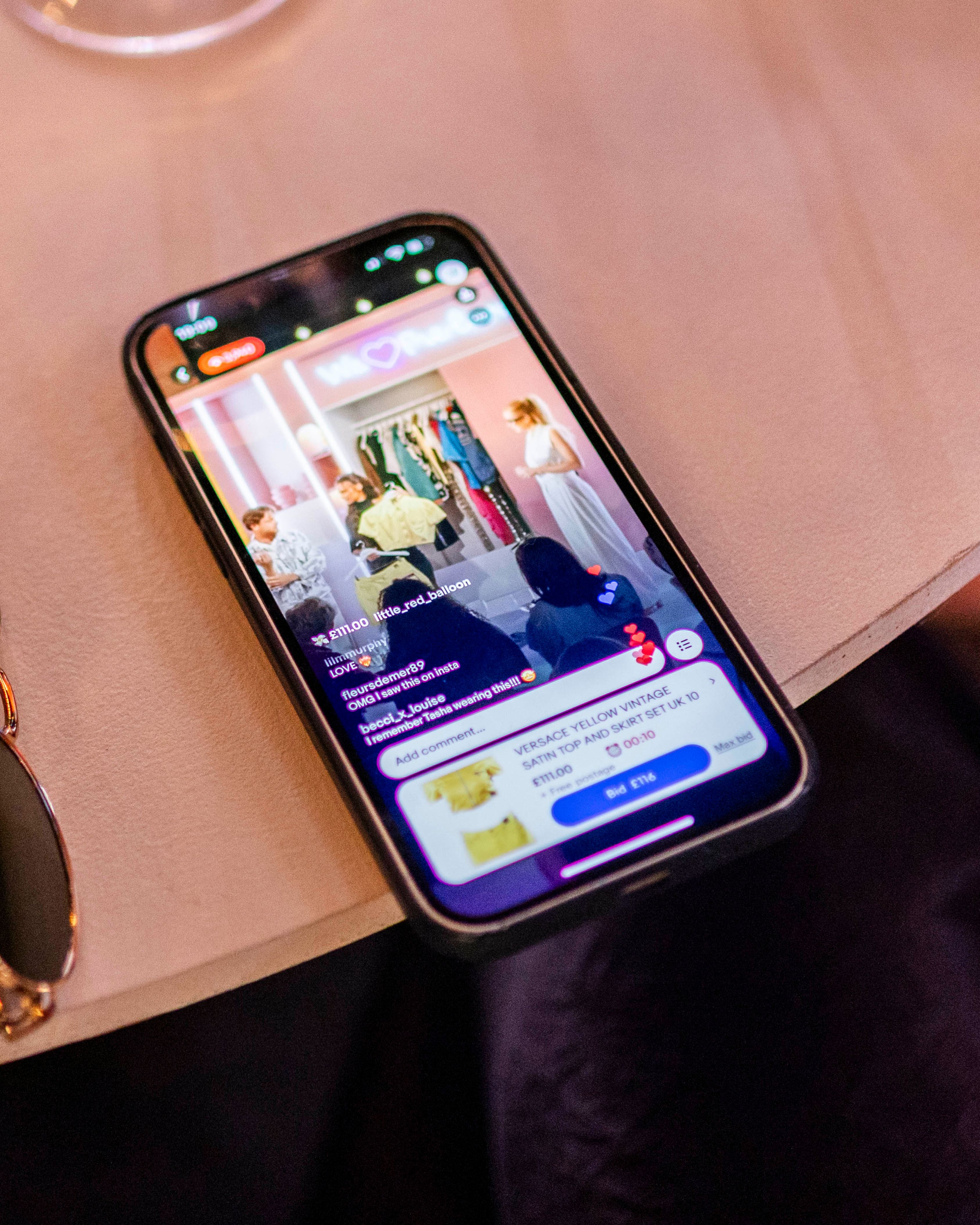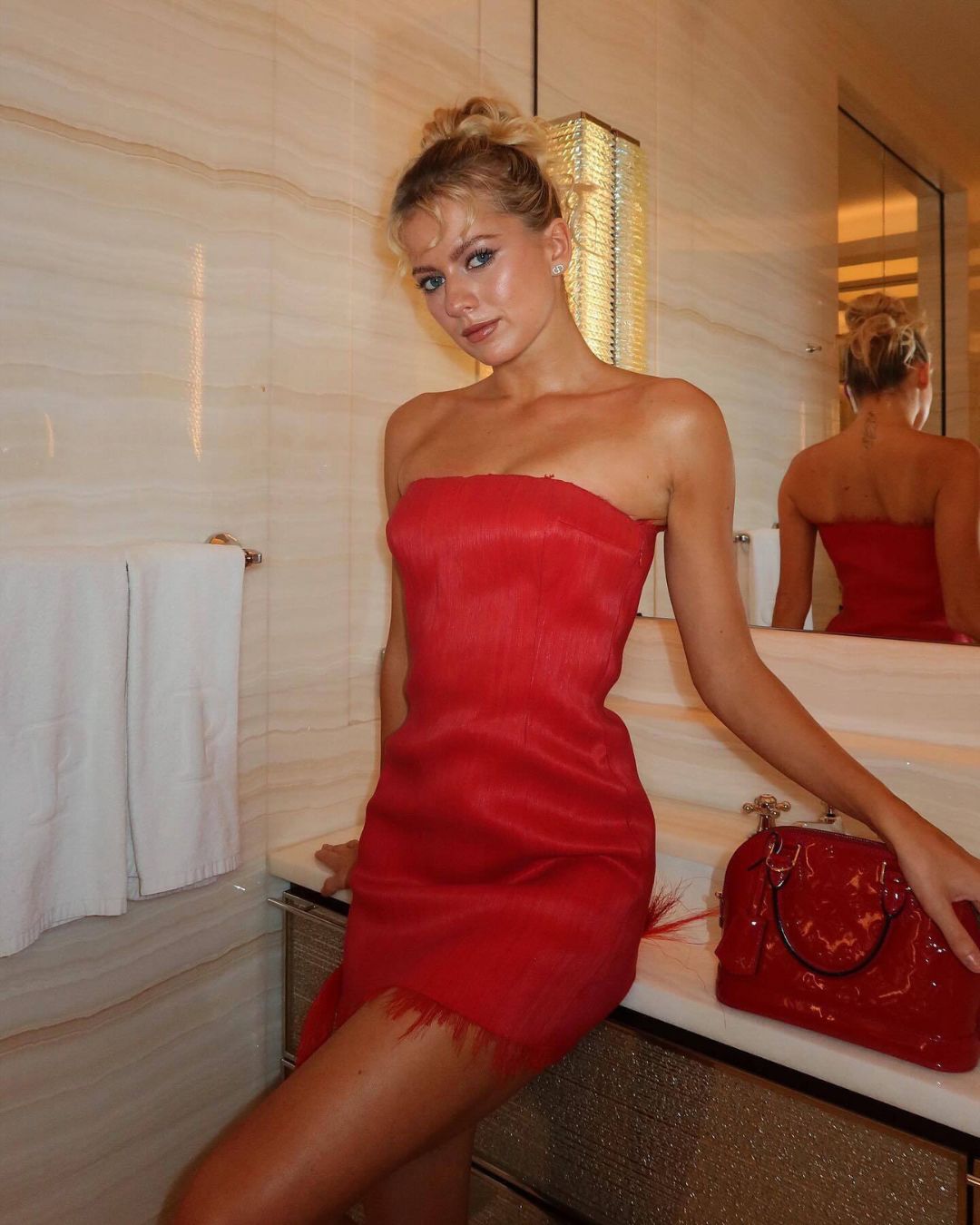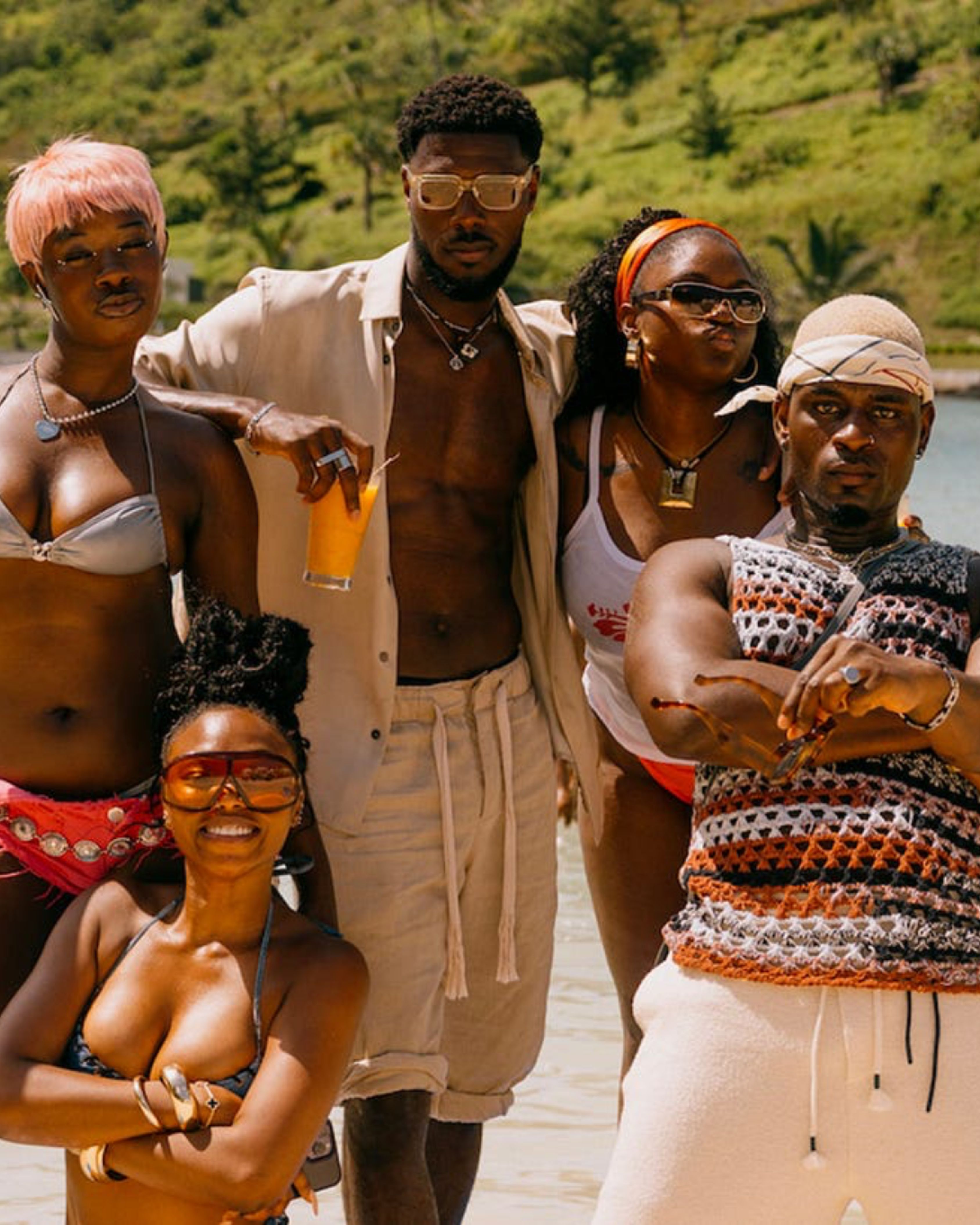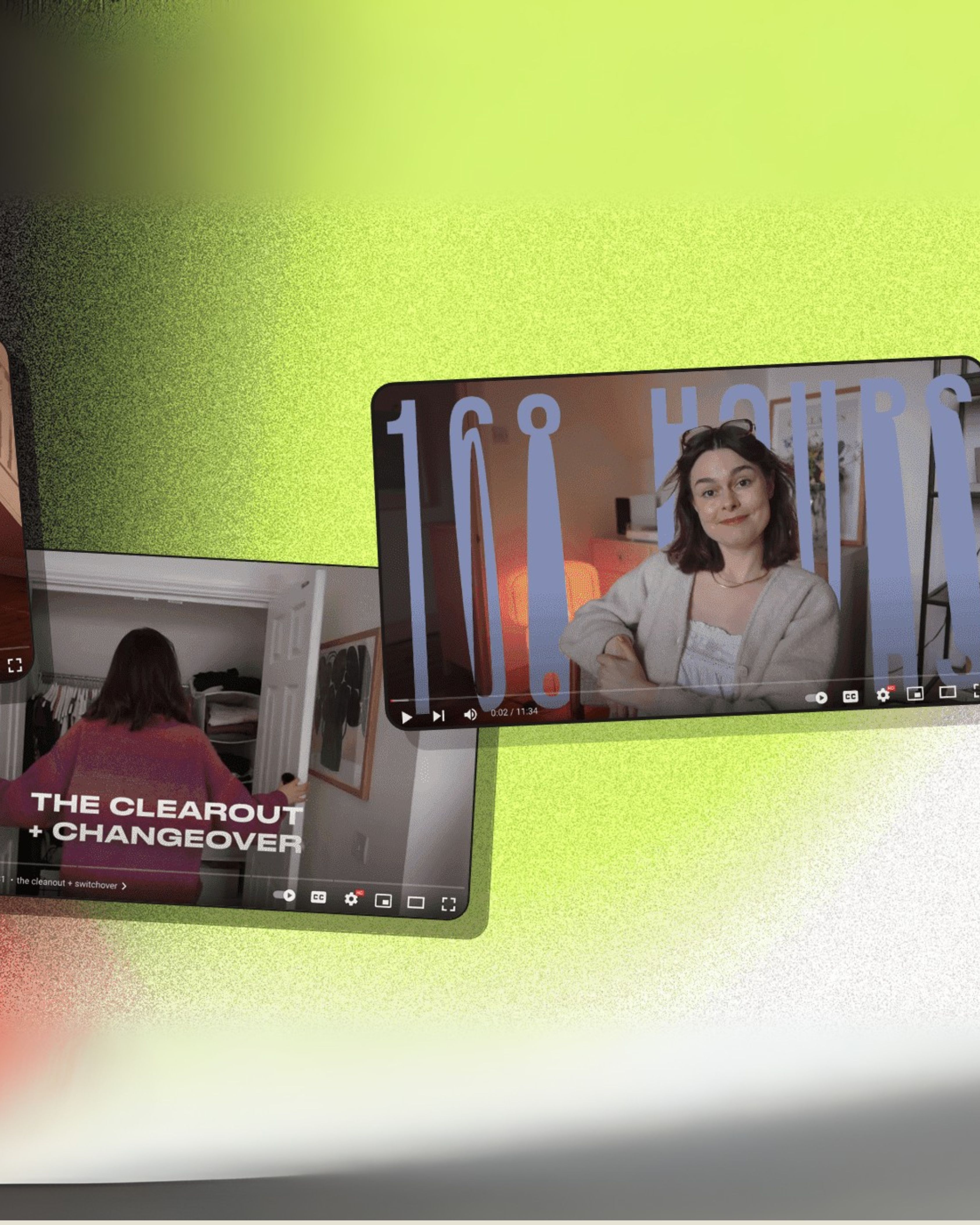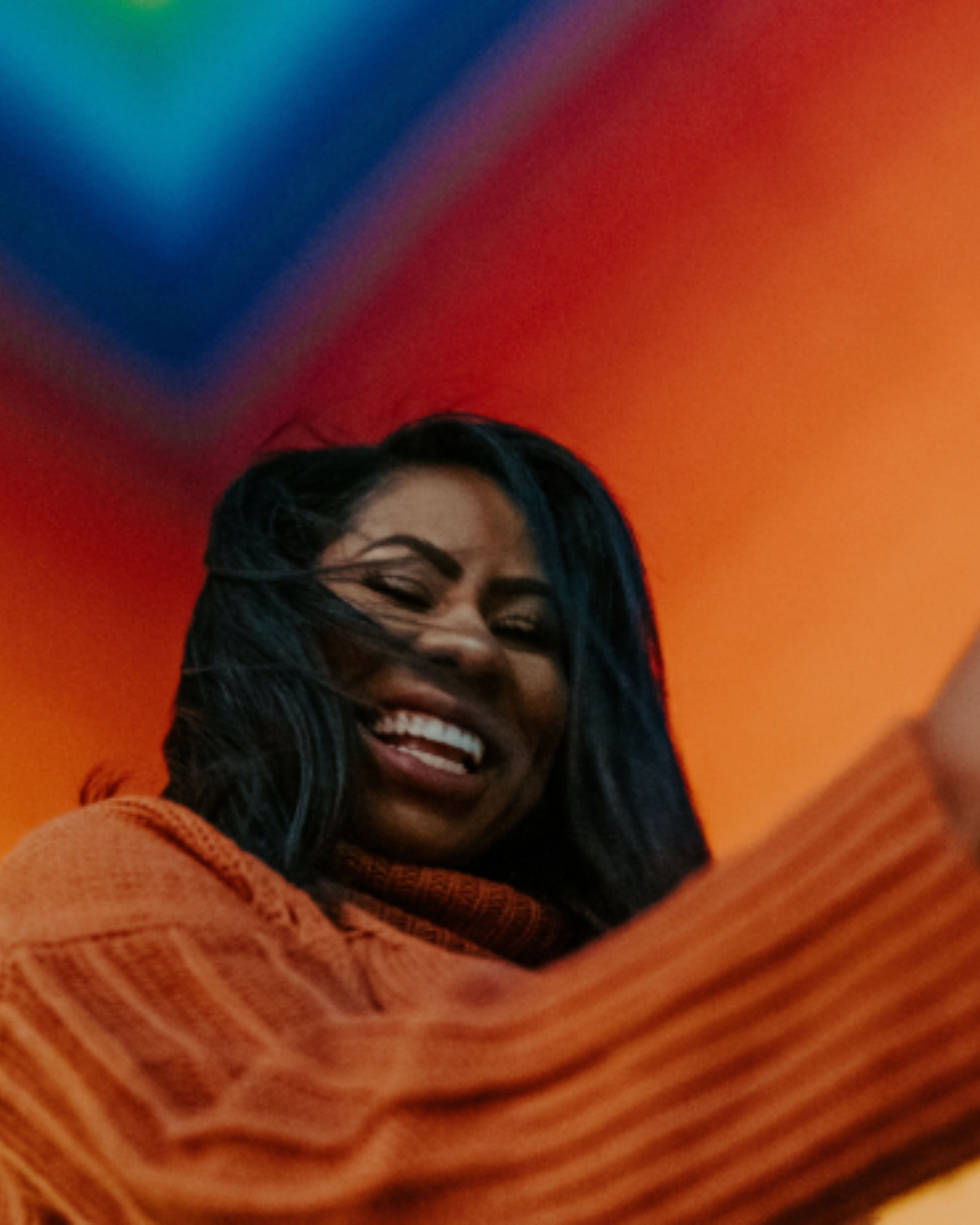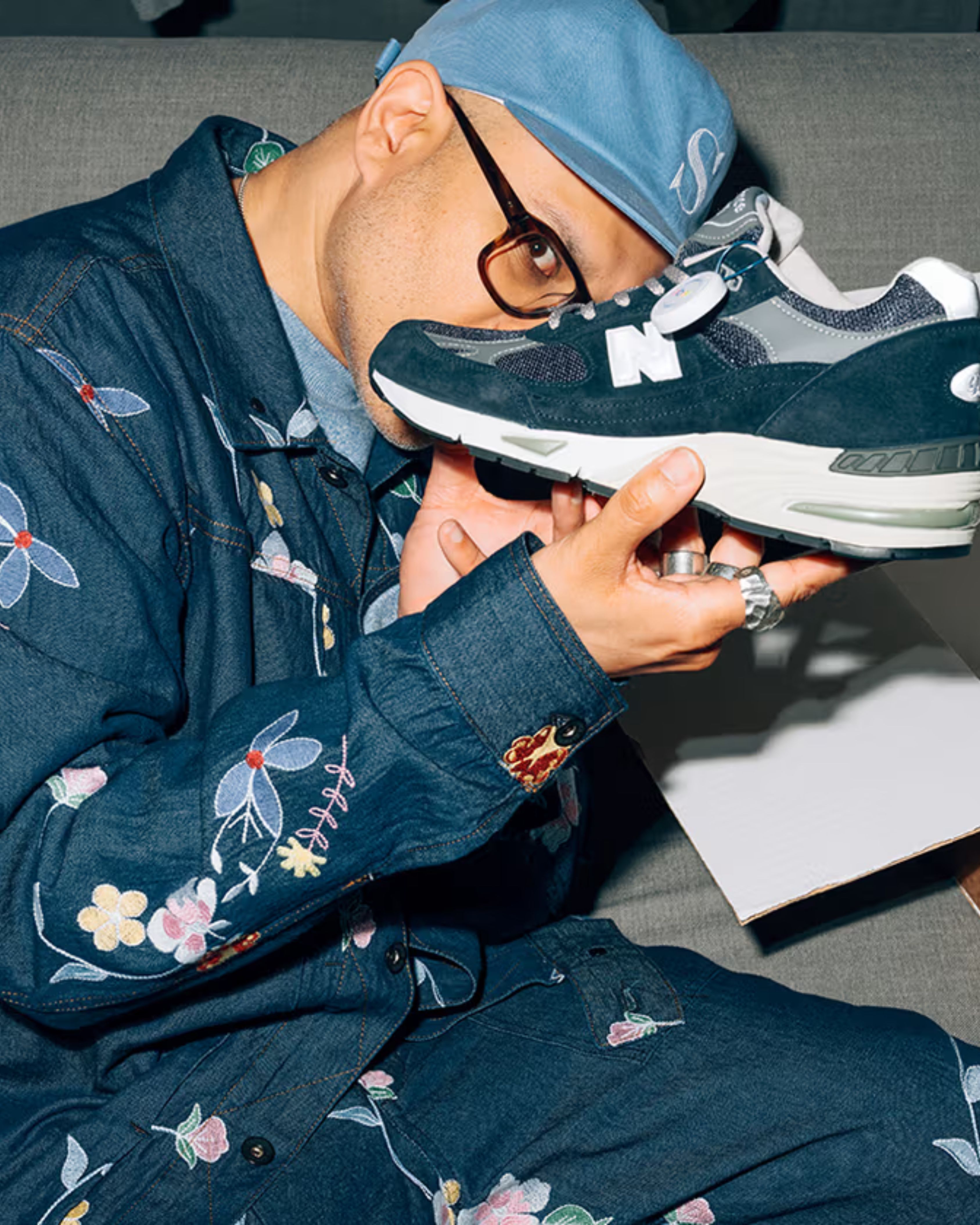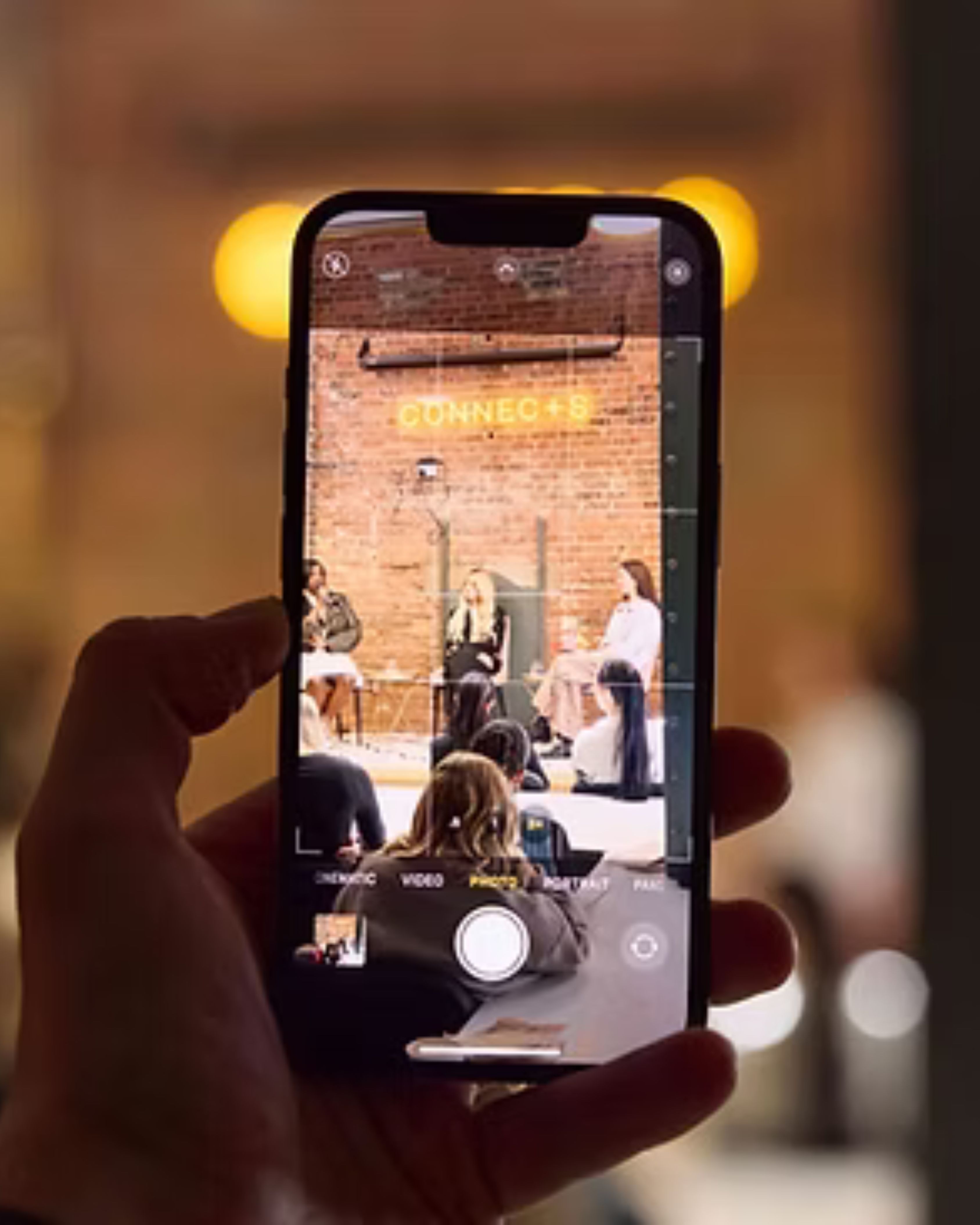London Fashion Week (LFW) is one of the most influential cultural moments in the fashion calendar. With the next showcase running from 18-22 September 2025, the spotlight is on how brands can show up, engage audiences both on the ground and online, and extend their impact beyond the front row.
The hashtag #LondonFashionWeek has already been tagged in over 1.5 million Instagram posts and over 43,500 TikTok videos. From behind-the-scenes moments to viral street interviews, LFW fuels content that travels far beyond the runway.
So, how should brands show up this season? Here’s our breakdown:
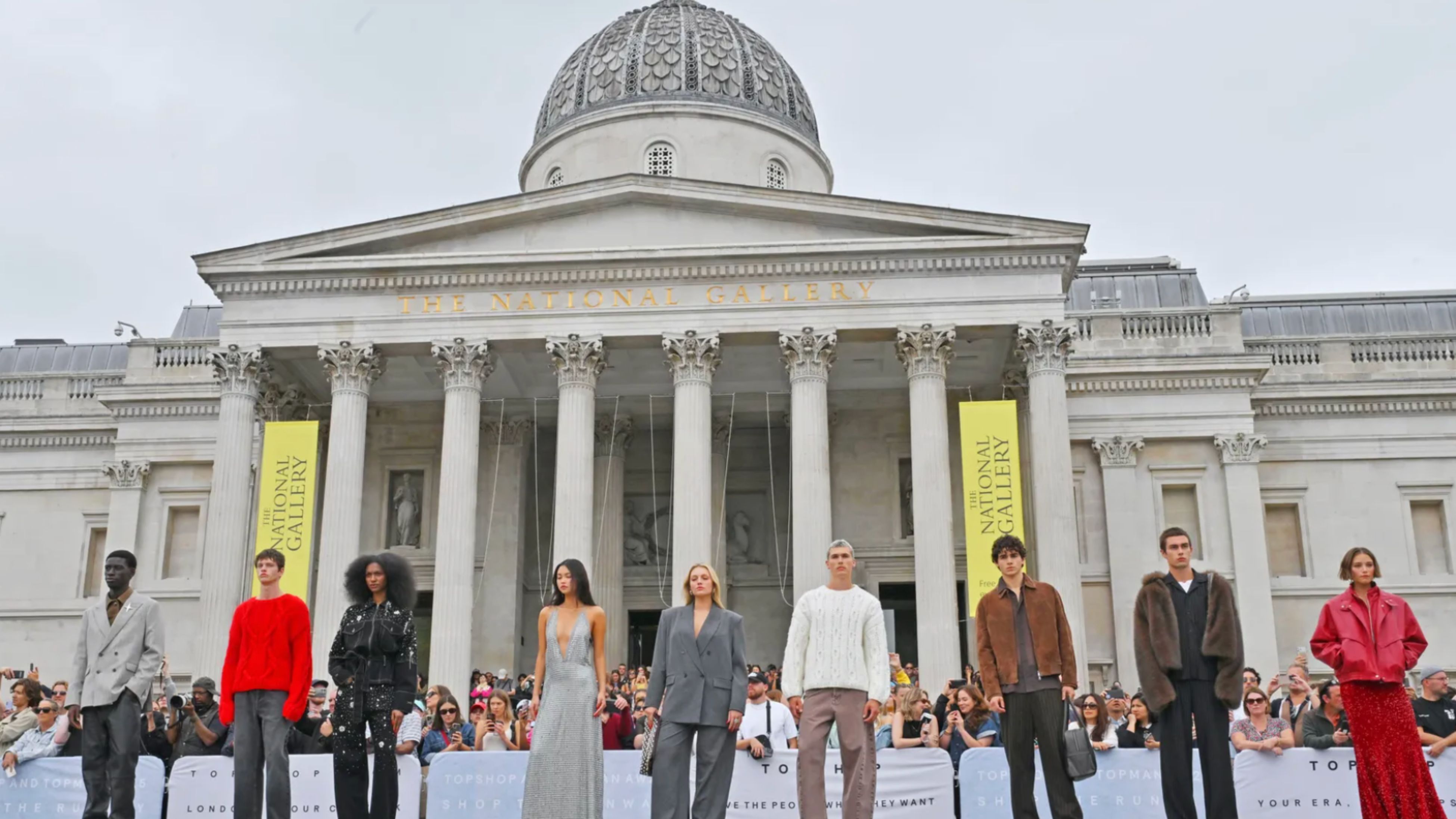
1. Partner with Influencers for Real-Time Storytelling
Data shows that six of the ten most engaging branded posts at LFW featured influencers attending events. Whether it’s GRWM videos or Day-in-the-Life vlogs, influencers bring the energy of LFW to audiences who aren’t in the room. When Topshop staged its catwalk in Trafalgar Square, the content that generated the most buzz wasn’t from the runway itself, but from what guests were wearing. It’s proof that the real impact comes from the people in attendance. Partnering with the right mix of fashion-forward and lifestyle influencers ensures your brand is part of that story in real time.
2. Build Organic Social Moments
It’s not just about paid activations. Organic posts, from outfit breakdowns to makeup tutorials inspired by runway looks, were among the top-performing LFW content in February 2025. Brands should create their own authentic content alongside partnerships: think social media takeovers, highlight reels, or ‘round-up posts’ that show an unfiltered side of the event. Pop-ups have become a staple of Fashion Week activations, offering a unique blend of accessibility and exclusivity. They’re immersive, memorable and encourage audiences to interact with brands in real life, while providing the perfect opportunities for organic content.
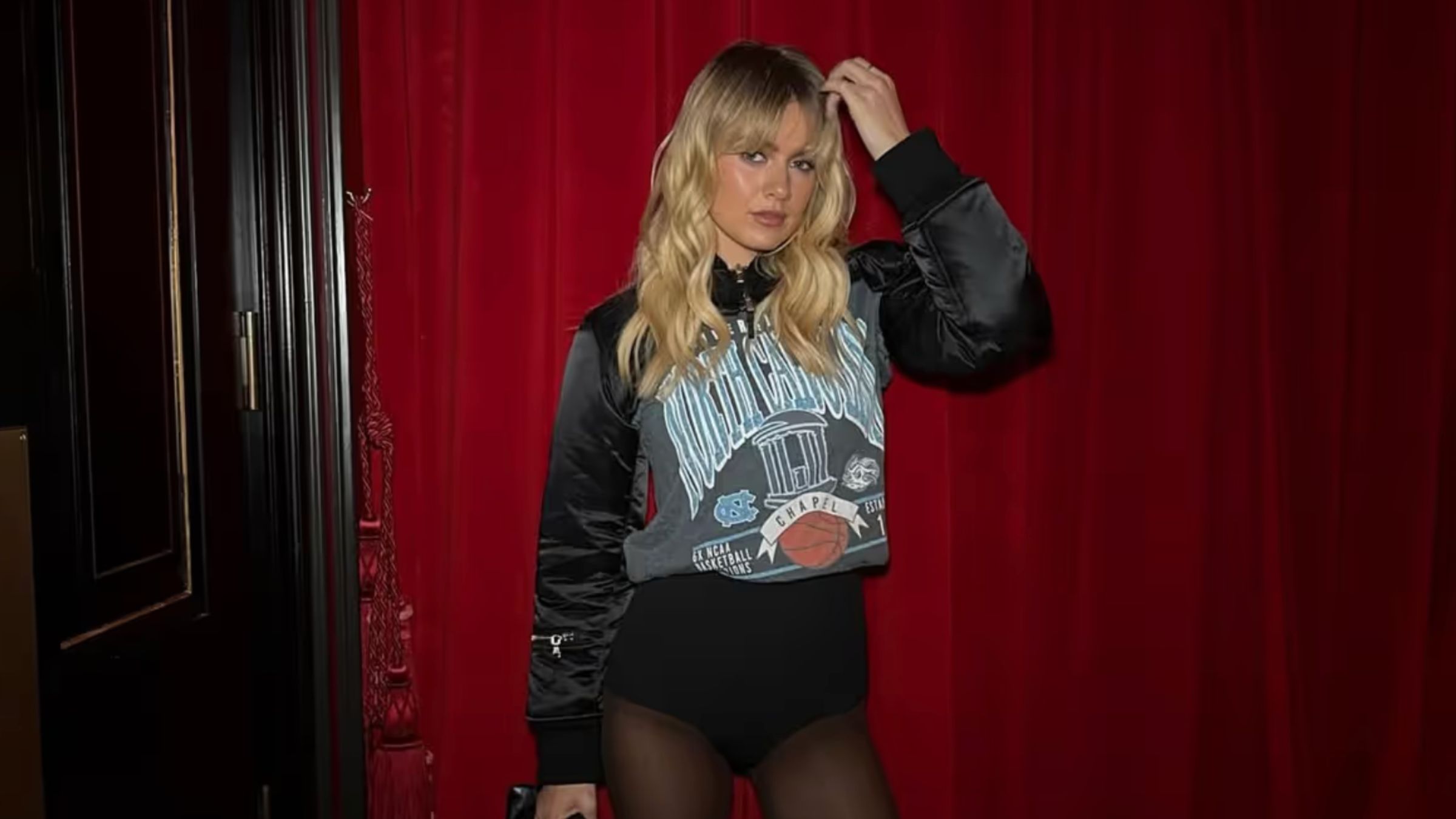
3. Host Exclusive Dinners
While big activations grab headlines, intimate dinners drive deeper industry engagement. These invite-only gatherings give brands the chance to connect directly with tastemakers, media and select influencers, creating cultural capital that lasts beyond the event. At Spring/Summer London Fashion Week 2025, we partnered with eBay UK to spotlight CULTURED magazine’s exclusive cocktail party. Hosted by Georgina Cohen (European Contributor) and Alexandra Cronan (Contributing Fashion Director), the evening brought together our always-on influencer network to celebrate cover star Marisa Abela. The result? Content that didn’t just capture the event, but cemented eBay’s place at the cultural heart of Fashion Week.
4. Off-schedule Runway Activations
Hosting runway shows outside the official Fashion Week schedule has emerged as a powerful visibility driver. These seamlessly integrate with Fashion Week’s ecosystem, generating buzz, engaging Fashion Week influencers, and flooding social feeds. Through dramatic presentations and high-profile attendance, brands can amplify their presence and boost brand visibility via viral moments online.
5. Blend Cultural Commentary with Style
At Fashion Week, the conversation extends far beyond the clothes. The influencers driving the highest engagement don't just post outfits, they spark dialogue. From political statements woven into styling choices to personal reflections on what fashion means today, their content resonated because it tapped into culture, not just trends. Audiences want to know how your brand fits into the bigger picture, whether that’s sustainability, identity, or cultural relevance. By aligning fashion moments with wider conversations, brands can become active participants in shaping the cultural narrative at Fashion Week.
%20(2).jpg)


%20(4).jpg)
